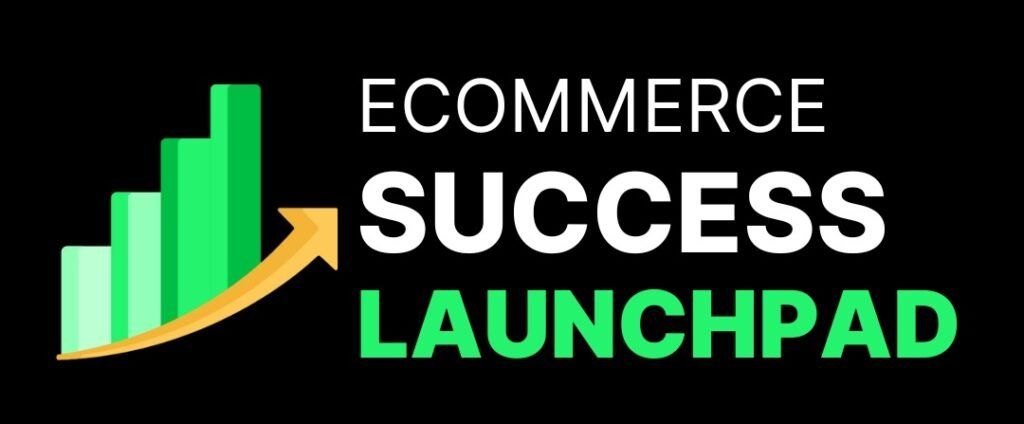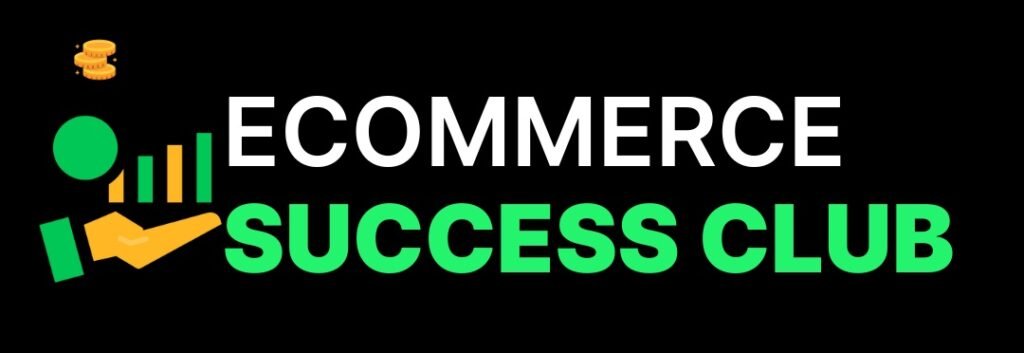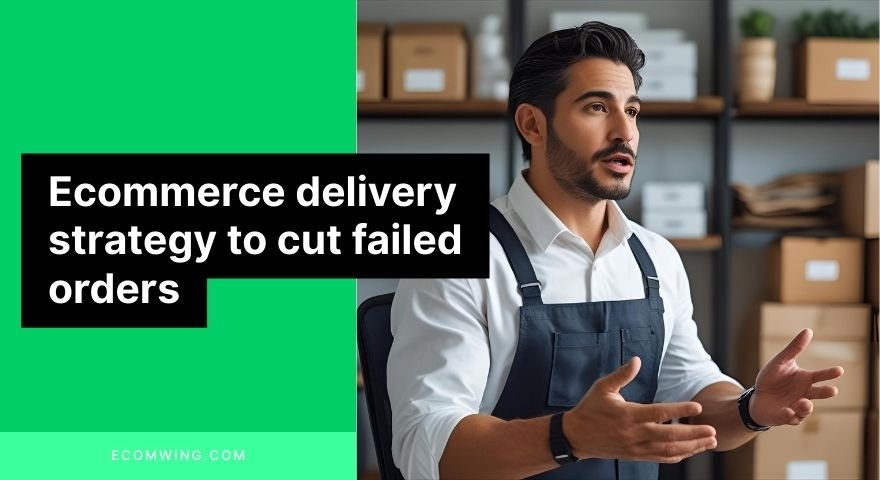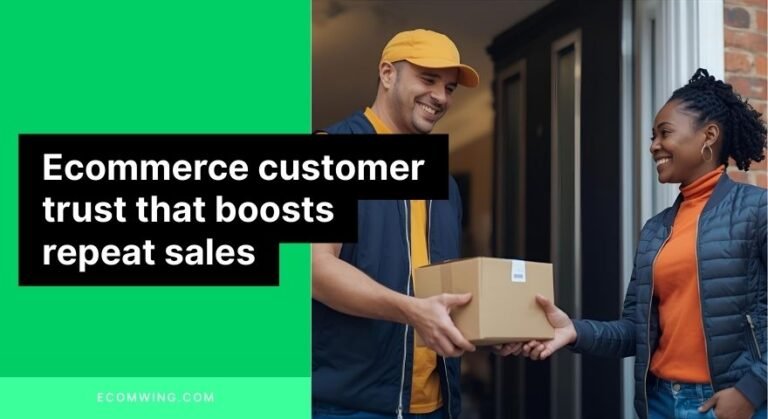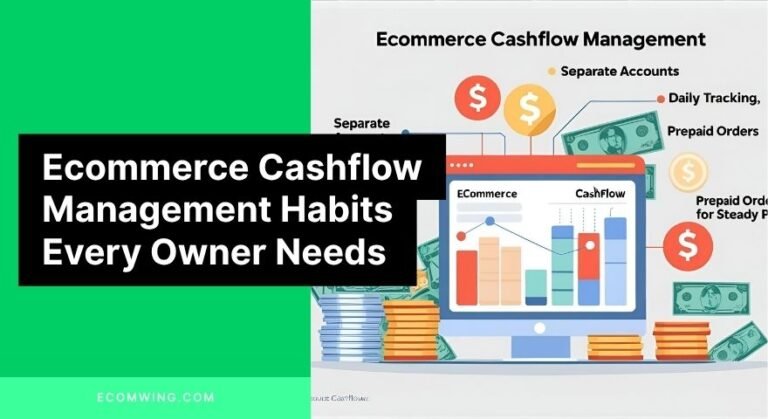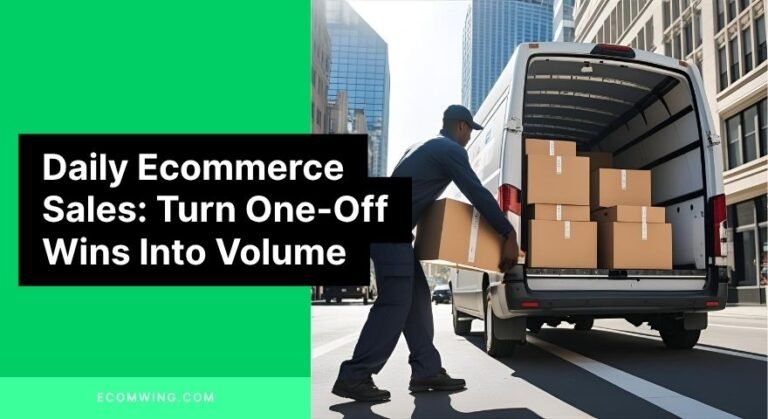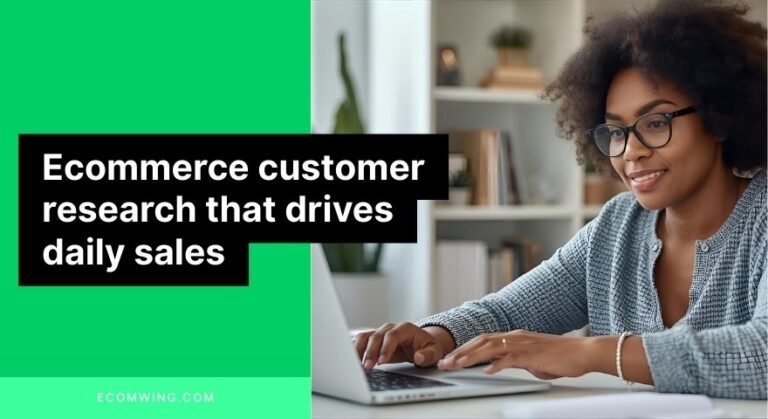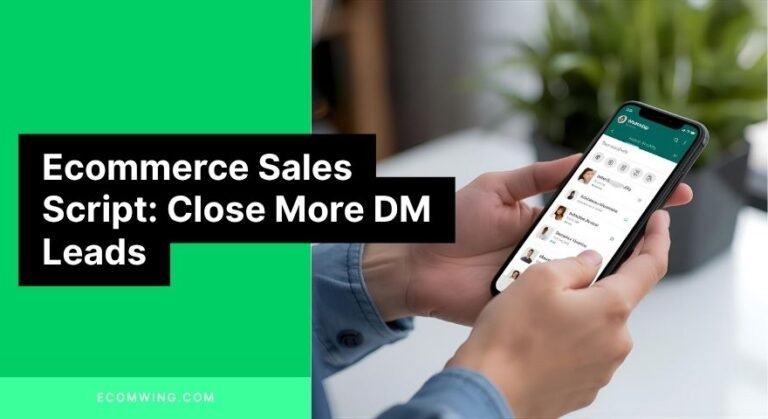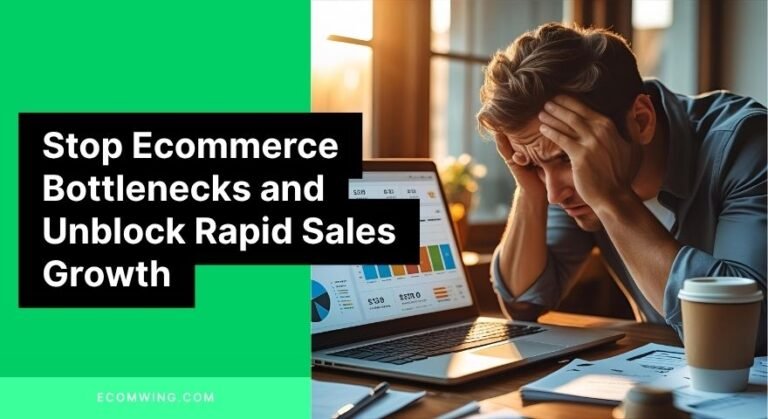Thoughts:
“If you don’t ask your customer when to deliver, expect them to not be home.”
“Every failed delivery is a missed opportunity to build trust.”
“The most dangerous phrase in Ecommerce? ‘They’ll definitely be at home.’”
If I had just asked one simple question, I would’ve saved ₦250,000 in delivery losses that week…
It was a Saturday.
We were already on edge because Friday’s deliveries didn’t go as planned.
We got a call from the dispatch guy, again.
“Madam no dey house. She talk say she dey church.”
Ah.
Another one.
This was the fourth customer in two days who wasn’t home.
Not because they changed their mind.
But because nobody asked them, “What time will you be around for delivery?”
Sounds like common sense, right?
But when you’re doing 10 – 30 orders daily…
This “small mistake” turns into daily losses, angry riders, refund requests, and customers who swear they’ll never buy from you again.
That week, I sat down and made a new rule:
Before ANY order leaves, someone must ask the customer when they’ll be home to receive it.
Simple. Obvious. But it changed everything.
In Ecommerce, failed deliveries aren’t just a logistics problem.
They’re a communication problem.
When a customer buys from you, they’re not just buying a product.
They’re buying peace of mind, convenience, and the feeling that you actually care.
You can’t act like the customer’s schedule doesn’t matter…
…and expect them to treat your product like it’s urgent.
Asking for delivery time does 3 things at once:
✅ It reduces failed deliveries
✅ It shows you care
✅ And it makes the customer feel in control
People buy more from businesses that make them feel respected.
How to increase your delivery rates by caring about the customer
STRATEGY #1: The Preferred Time Trigger
Before your sales rep drops that “okay ma, we’ll send it to you,” stop.
Ask: “Please what time should we come tomorrow that you’ll be around to collect it?”
Let them tell you.
Note it down.
Assign that note to the rider.
It reduces daily failed deliveries by up to 33% – we tested this across 3 brands.
It’s like asking your Uber driver not to arrive when you’re still brushing your teeth.
STRATEGY #2: The 3-Point Confirmation Rule
Once you get the time, confirm it again.
✅ After payment or POD confirmation
✅ Morning of delivery
That last one is key. Send a message in the morning:
“Hi [Name], we’re delivering your [Product] today between 11am – 12pm as agreed. Please keep your phone close. Rider will call you.”
This makes the customer mentally prepare.
Not picking = guilt
Receiving = pride
STRATEGY #3: Humanize The Delivery
Nigerians love personal service. Don’t act like DHL.
“Good afternoon ma, please I’m Emmanuel, the rider is bringing your package today. Are you at home now?”
The moment she hears a real human asking her, she’ll try to collect it – even if she’s not 100% ready.
They’re more likely to reschedule with grace than disappear.
This one step builds long-term trust that makes repeat orders easier.
Now imagine if your team did this with every order with scripts, reminders, systems.
What would happen to your failed deliveries?
Inside Ecommerce Success Launchpad, we don’t just teach delivery – we give you the exact systems that fix it.
You’ll get our “Fast Delivery & Follow-Up System” with:
→ Ready-made customer confirmation scripts
→ A full delivery system for your staff (what to say, when to say it)
→ Tools to assign rider schedules based on customer-preferred times
→ Lessons on reducing failed deliveries and refunds
Don’t let avoidable mistakes eat your profit.
If you’re doing Ecommerce in Nigeria and you’re not planning around your customers’ delivery timing…
You’re bleeding money. Fix it now.
Join Ecommerce Success Launchpad and install the full system today.
